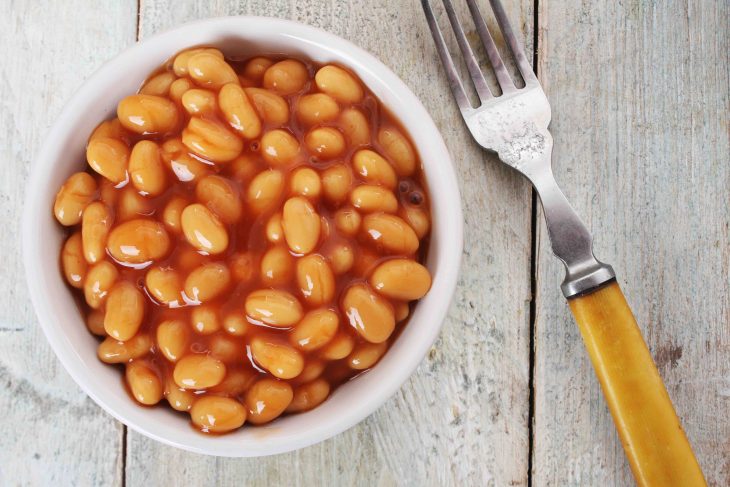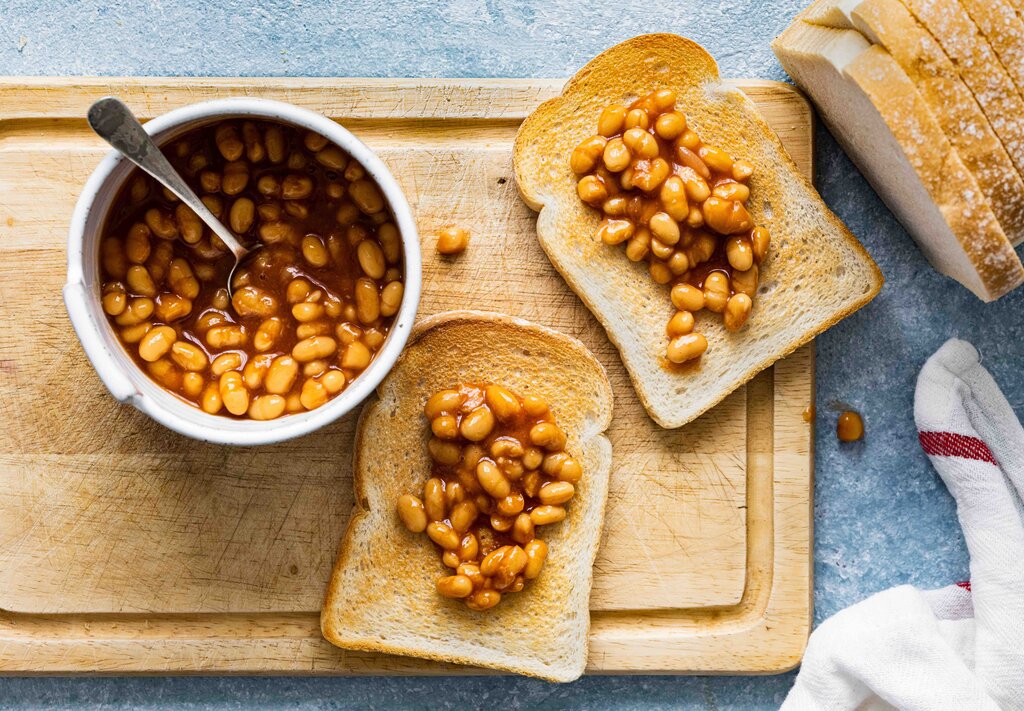
Baked beans are a beloved and versatile dish enjoyed by people around the world. Whether you’re a fan of traditional recipes or looking for new ways to incorporate them into your meals, understanding the nutrition facts of baked beans can help you make informed choices about your diet. In this article, we will explore ten interesting and important nutrition facts about baked beans, shedding light on their health benefits and deliciousness.
A Fiber Powerhouse
Baked beans are rich in dietary fiber, making them an excellent choice for promoting healthy digestion. A single serving of baked beans can provide a significant amount of the recommended daily fiber intake, contributing to regular bowel movements and supporting gut health.
Plant-Based Protein Source
For those following a vegetarian or vegan diet, baked beans are a valuable source of plant-based protein. They contain a notable amount of protein, which is essential for building and repairing tissues and supporting various bodily functions.
Packed with Essential Minerals
Baked beans are loaded with essential minerals like iron, magnesium, and potassium. Iron is crucial for carrying oxygen throughout the body, while magnesium supports nerve and muscle function. Potassium plays a role in maintaining proper heart and muscle function, as well as regulating blood pressure.

Low in Fat and Cholesterol-Free
If you’re conscious of your fat and cholesterol intake, baked beans are a healthy choice. They are naturally low in fat and contain no cholesterol, making them heart-friendly and suitable for those watching their weight or managing their cholesterol levels.
Source of Antioxidants
Baked beans are a good source of antioxidants, which help protect the body against damage from harmful free radicals. Antioxidants play a vital role in reducing the risk of chronic diseases and promoting overall health.
Boost of Energy
Baked beans are a great source of complex carbohydrates, providing a sustained release of energy. They can fuel your body for extended periods, making them an ideal choice for athletes and those with active lifestyles.
Reduced Sodium Options
While traditional canned baked beans can be high in sodium, many brands now offer reduced sodium options. Opting for low-sodium versions can help you maintain a balanced diet while still enjoying the delicious taste of baked beans.
Baked Bean Varieties
Baked beans come in a range of flavors and styles, catering to different tastes and dietary preferences. From classic recipes with a rich tomato-based sauce to smoky and savory options, there’s a baked bean variety for everyone to savor.
Versatility in Cooking
One of the best things about baked beans is their versatility in cooking. They can be enjoyed as a side dish, used as a topping for toast or baked potatoes, or incorporated into stews and casseroles. The options are endless, allowing you to explore various culinary creations.

Homemade Baked Bean Recipes
While canned baked beans are convenient, making your own homemade baked beans can be a rewarding experience. You can experiment with ingredients, adjust the flavors to your liking, and create a personalized dish that satisfies your taste buds.
Final Thoughts
In conclusion, baked beans are more than just a delicious side dish. They offer numerous health benefits, including being a fiber powerhouse, a plant-based protein source, and a rich supplier of essential minerals and antioxidants. With their versatility in cooking and the option to choose reduced-sodium versions, baked beans can be enjoyed as part of a well-balanced and nutritious diet. So, next time you’re craving a wholesome and flavorful meal, consider incorporating baked beans into your menu!
Frequently Asked Questions (FAQs)
Are baked beans suitable for people with gluten intolerance?
Most baked beans are gluten-free, but it’s always important to check the label or opt for brands that explicitly state their gluten-free status.
Can I freeze leftover baked beans?
Yes, you can freeze leftover baked beans. Allow them to cool, transfer to a freezer-safe container, and store them in the freezer for up to three months. Thaw and reheat when ready to enjoy.
Are canned baked beans as nutritious as homemade ones?
While canned baked beans offer convenience, homemade baked beans allow for more control over ingredients and flavors. You can adjust the recipe to reduce sodium and customize the taste according to your preferences.
Can I use baked beans in vegetarian recipes?
Absolutely! Baked beans are a fantastic addition to vegetarian recipes, providing plant-based protein and a savory flavor. They work well in salads, wraps, and vegetarian chili, among many other dishes.
How can I reduce the gas-inducing effects of baked beans?
To minimize the gas-inducing effects of baked beans, you can soak dried beans overnight before cooking or opt for canned beans, which are usually pre-soaked and cooked. Adding herbs like cumin or fennel to the dish may also help reduce gas production.
Was this page helpful?
Our commitment to delivering trustworthy and engaging content is at the heart of what we do. Each fact on our site is contributed by real users like you, bringing a wealth of diverse insights and information. To ensure the highest standards of accuracy and reliability, our dedicated editors meticulously review each submission. This process guarantees that the facts we share are not only fascinating but also credible. Trust in our commitment to quality and authenticity as you explore and learn with us.
